J&B Hopkins Ltd v A&V Building Solution Ltd
Citation: [2023] EWHC 2475 (TCC)
Abstract
The court granted a contractor’s (A) application for a stay of execution of a judgment enforcing an adjudicator’s decision against it, directing it to pay £96,918.88 to the other party (J); and refused a separate application by J for a stay of A’s action against it until A had complied with the judgment. A’s financial position was relevant to both applications, it being clear that there was no prospect of A paying the judgment debt owed to J.
Judgment
DHCJ Ter Haar KC (the Judge) first considered A’s financial position, finding that the ‘corporate cupboard is bare’ and that no commercial lender would lend to it and the financial support by those behind the company had run out: [93]. This was important in the context of A’s application for a stay of execution of the order enforcing an adjudicator’s decision in J’s favour in February 2023, as most applications focus on the unpaid party’s financial position and whether they will be able to repay the money. Here, A is the paying party.
It was also important for J’s application to stay the High Court proceedings that A had issued seeking an assessment of its final account, pending payment of the sum the adjudicator awarded (which had itself been on the final ccount). The judge acknowledged the pay now, argue later nature of adjudication enforcement, and the requirement to pay an adjudicator’s decision before starting a true value adjudication. However, the situation was more nuanced where the court was being asked to decide the true value. The court could e’ercise its power to order a stay “sparingly and in exceptional circumstances”, “having regard to all the circumstances of the case”: [112].
The Judge found that J’s behaviour exacerbated A’s financial difficulties and execution would probably lead to A’s winding up: [117]. A also had an arguable case that the second adjudicator’s decision was wrong. The court has a discretion under CPR 83.7 to order a stay of execution where satisfied that there are special circumstances which render it inexpedient to enforce the judgment, or where the applicant is unable for any reason to pay the money: [96]. The Judge exercised his discretionary power to refuse a stay of execution in the present case as to do so would cause manifest injustice to A: [118]. Further, J’s application for a stay of A’s action against it was refused as to grant it would have been inconsistent with the stay of execution of the enforcement order: [124]. The Judge also refused J’s security for costs application as it would stifle an arguable claim: [126].
The Claimant was represented by James Frampton and instructed by Hawkswell Kilvington. The Defendant was represented by one of its directors, Mr Paduraru.
A copy of the judgment is available here.


